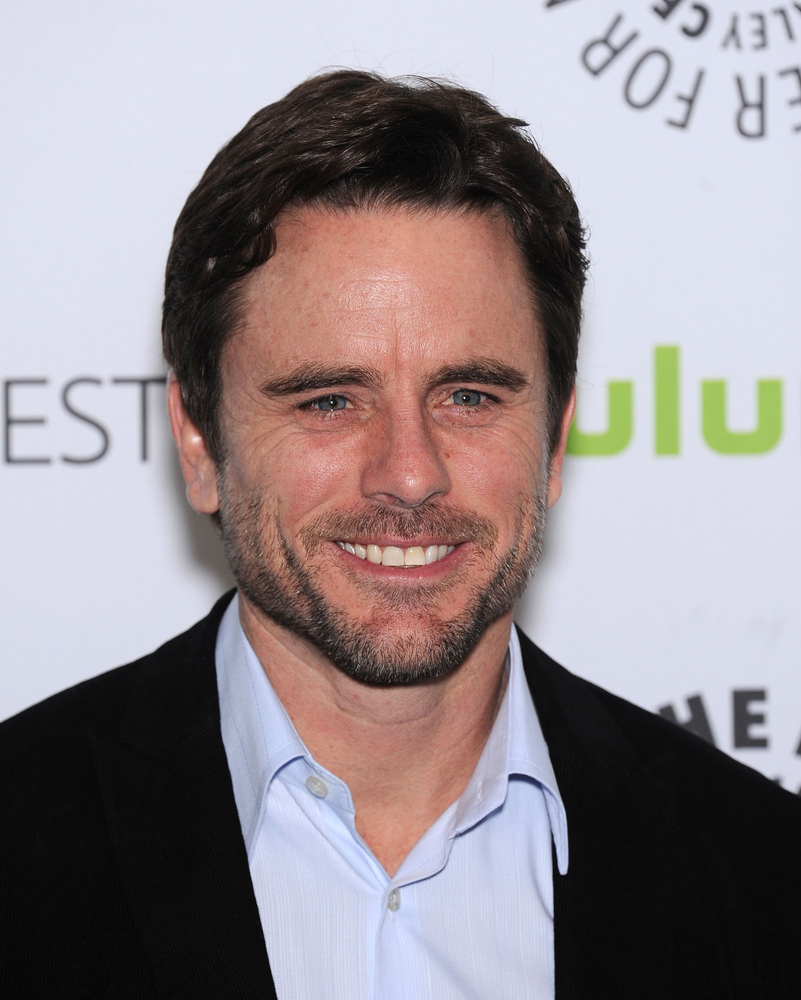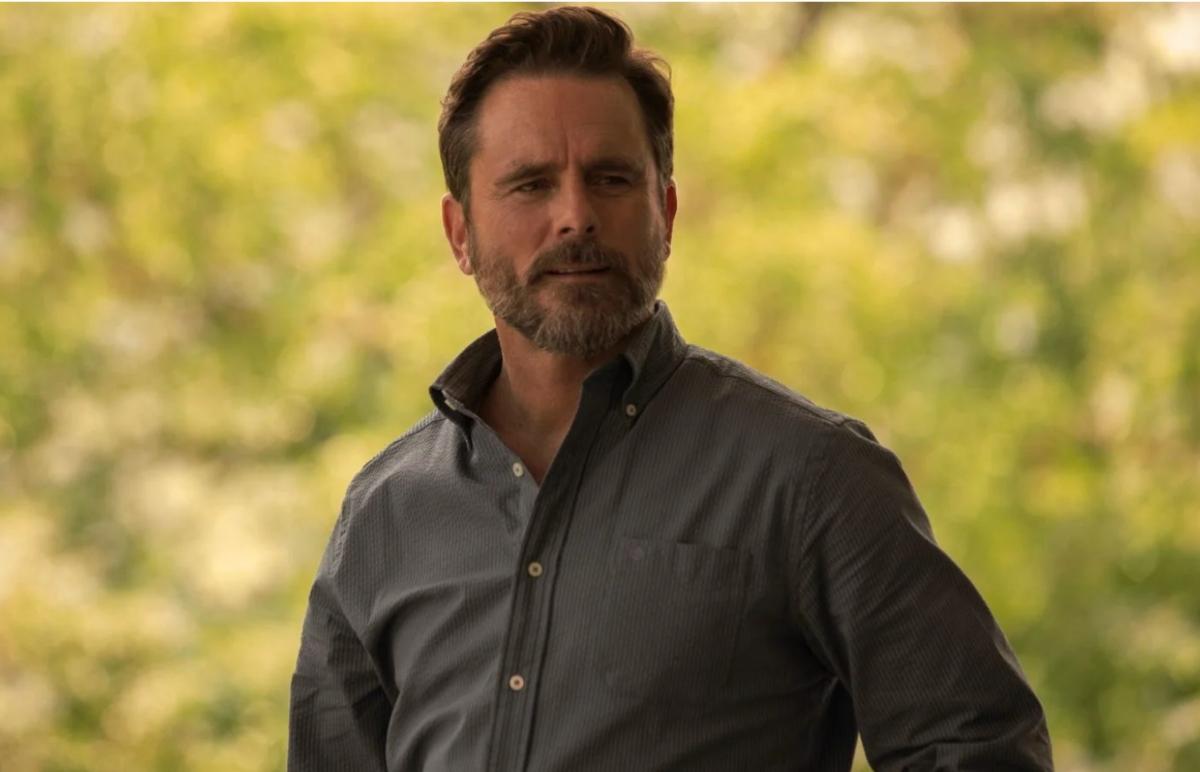Does the name Ward Cameron conjure images of a man shrouded in secrecy, power, and influence? Ward Cameron, a name synonymous with the cutthroat world of Outer Banks, is a character whose actions have captivated and repelled audiences in equal measure, embodying the complexities of ambition, greed, and the lengths one will go to protect their perceived legacy.
Ward Cameron, the patriarch of the Cameron family, isn't just a wealthy businessman; he's a force of nature. His presence in the Outer Banks, the idyllic coastal setting where sun-drenched beaches meet hidden secrets, casts a long shadow. He navigates the social strata with ease, wielding his wealth and influence like a finely honed weapon. His motivations, however, are often murky, his morality malleable, and his actions, frequently, devastating. To fully understand Ward Cameron is to delve into a labyrinth of deceit, familial loyalty, and the relentless pursuit of personal gain. He is a man driven by an insatiable desire to protect his family, even if it means destroying others. His actions are often shrouded in layers of ambiguity, making it difficult to discern his true intentions. Is he a benevolent father, fiercely protecting his children, or a ruthless manipulator, willing to sacrifice anyone who stands in his way?
| Category | Details |
|---|---|
| Full Name | Ward Cameron |
| Known For | Prominent businessman in the Outer Banks, father of Rafe, Sarah, and adopted son, Wheezie. Key antagonist in the popular series "Outer Banks." |
| Personality Traits | Ruthless, manipulative, ambitious, protective (of his family, selectively), cunning, and willing to go to extreme lengths to achieve his goals. Often presents a charismatic facade. |
| Family | Children: Rafe Cameron, Sarah Cameron, Wheezie Cameron (adopted), Wife: Rose Cameron (remarried after Ward's supposed death.) |
| Occupation | Wealthy businessman, owner of Cameron Industries, involved in various ventures in the Outer Banks. |
| Key Actions | Involved in numerous illegal activities to protect his assets and family, including murder, smuggling, and manipulating others. He is the central figure in the hunt for the Royal Merchant treasure. |
| Motivations | Primarily driven by greed and a desire to maintain his wealth and power. Also motivated by a twisted form of family loyalty. |
| Significant Relationships | Rafe Cameron (son, complex and often strained relationship), Sarah Cameron (daughter, complex and strained relationship), John B. Routledge (enemy, connected through treasure hunt and Sarah's relationship), Rose Cameron (wife, strained but ultimately supportive relationship). |
| Major Conflicts | Feuds with the Pogues (John B, JJ, Kiara, Pope) due to the hunt for the Royal Merchant treasure and related criminal activity. Constantly battling for control and power in the Outer Banks. Internal conflict between his desire for wealth and his strained relationships. |
| Source | Outer Banks Fandom Wiki |
The world of Outer Banks is a tapestry woven with threads of wealth and poverty, privilege and hardship. Ward Cameron, at the apex of this social hierarchy, embodies the opulence and power that the elite wield. He is not just a wealthy man; he's a symbol of the haves in a society sharply divided from the have-nots, the "Pogues" who scrape by on the fringes of paradise. His mansion, a symbol of his success, sits as a stark contrast to the rundown shacks and weathered boats that characterize the lives of those he views as beneath him. His very existence, a constant reminder of the disparity that fuels the tensions and conflicts within the series.
Ward Cameron's ambition is not limited to accumulating wealth; it's about maintaining control. He seeks to dominate not only the financial landscape of the Outer Banks but also the lives of those around him. He uses his wealth to manipulate, bribe, and coerce, leaving a trail of broken trust and shattered lives in his wake. The pursuit of the Royal Merchant treasure, the central driving force behind much of the narrative, becomes a microcosm of his relentless quest for power. It's not just about the gold; it's about the validation, the ultimate confirmation of his dominance.
His interactions with his children are complex. He displays moments of affection, a father's desire to protect his offspring, but these are often overshadowed by his manipulative tactics and self-serving decisions. Rafe, his eldest son, is particularly susceptible to his influence, often mirroring his father's ruthless behavior. Sarah, on the other hand, rebels against his control, eventually aligning herself with the Pogues, the very group her father sees as a threat. This fractured family dynamic highlights the destructive consequences of Ward's actions and the ripple effects they have on those closest to him. The love he shows for his children is often a tool to control them, a means to an end. Sarahs rejection of his values is perhaps the greatest threat to his carefully constructed world.
The treasure hunt, a central plot device, exposes Ward's true nature. The quest for the Royal Merchant gold drives him to commit increasingly heinous acts, including murder, theft, and betrayal. The treasure represents not just wealth, but also a validation of his status, a way to further cement his legacy in the Outer Banks. He will stop at nothing to get it, sacrificing anyone and anything that stands in his way. His pursuit is not merely driven by greed; it is a desperate attempt to cling to the illusion of control and power that is slipping through his fingers.
The character of Ward Cameron provides a fascinating study in moral ambiguity. He is not a one-dimensional villain; he possesses layers of complexity that make him both compelling and repellant. He is capable of great cruelty, but also shows moments of genuine affection. His actions are often driven by a distorted sense of familial loyalty, but ultimately, he prioritizes his own self-interest. This internal conflict, this constant struggle between good and evil, is what makes him such a captivating character. Audiences are forced to confront the uncomfortable truth that even those who appear to have it all can be driven by the same primal desires: greed, ambition, and the need for validation.
The portrayal of Ward Cameron also serves as a commentary on wealth and its corrupting influence. The show, "Outer Banks," uses his character to critique the excesses of the wealthy, highlighting the moral compromises they often make in their pursuit of power. The idyllic setting of the Outer Banks, a paradise on the surface, becomes a stage for the dark underbelly of greed and corruption, with Ward Cameron at the center of it all. The contrast between the rich and the poor, the haves and the have-nots, is a recurring theme, and Ward serves as the embodiment of the privileges and the moral failings of the upper class.
His manipulation of others extends beyond his immediate family. He uses his influence to control law enforcement, silence his enemies, and manipulate public opinion. He is a master of disguise and deception, adept at presenting a carefully constructed image of himself to the world. This ability to control the narrative further enhances his power, allowing him to maintain his position and avoid accountability for his actions. He crafts a persona that shields him from scrutiny, allowing him to operate with impunity.
The consequences of Ward Cameron's actions reverberate throughout the lives of everyone connected to him. His relentless pursuit of wealth and power leads to violence, heartbreak, and betrayal. He destroys relationships, ruins lives, and leaves a trail of destruction in his wake. The show uses these consequences to illustrate the ripple effect of corruption and the devastating impact it can have on individuals and communities. The tragedy of his actions is that he never truly understands the damage he inflicts, blinded by his own ambition and self-interest.
The character's ultimate fate, while potentially subject to narrative twists, reflects a certain justice. His downfall, however it manifests, is not simply a matter of retribution; it's a commentary on the inevitable consequences of a life lived without regard for morality. Even though the character is fictional, he represents the real-world figures who often prioritize their own interests above all else. In the end, his story is a cautionary tale, a reminder of the dangers of unchecked power and the importance of integrity.
The legacy of Ward Cameron, within the context of the series, will continue to be debated and dissected by fans. He leaves a lasting impact, his actions continuing to shape the lives of those who remain. He represents not just a villain but a symbol of the conflicts that arise from wealth and power. His influence extends beyond his personal circle; it affects the entire community, leaving a scar on the very fabric of the Outer Banks. He is a character that audiences love to hate, a figure who personifies the dark side of human ambition.
The role of Ward Cameron, played with intensity and nuance, adds another layer to the overall drama and intensity of "Outer Banks". His character is a testament to the power of narrative, illustrating how fictional storytelling can explore complex themes of morality, family, and the corrupting nature of wealth. He is a reminder that even in a fictional world, the choices we make have consequences, and the pursuit of power can come at a devastating cost. His portrayal in the series is essential, providing a complex and compelling antagonist that viewers love to hate and allows for exploration of the themes of ambition, corruption, and the destructive nature of unchecked power.
Ward Cameron represents a significant archetype within the series "Outer Banks". His actions, motivations, and relationships define many of the key conflicts and thematic concerns that drive the narrative. He is the embodiment of the wealthy elite, a figure who manipulates the lives of those around him to serve his own desires. Ward Cameron's presence forces the viewers to consider the intricate ties of power, loyalty, and the cost of obsession.
.jpg/revision/latest?cb=20200418043326)

